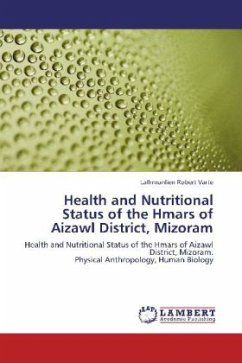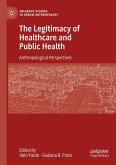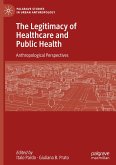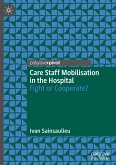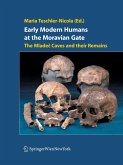In this study of the Health and Nutritional Status of the Hmars of Aizawl District, Mizoram, the findings seem to have certain implications for the application of the demographic transition theory. It is well known that the second stage of demographic transition theory predicts that improvement in standard of living and health facilities results in population growth due to high fertility and low mortality. The poor performance of family planning welfare programmes and/or low practice of family planning methods of contraception enhances the fertility rate or population growth. Fertility rate is still high in the population, thereby suggesting a need for greater political will to implement family planning programmes. The co-existence of under- and over-nutrition (as indicated by BMI) was also seen in the Hmar population. Double burden of under- and over-nutrition exerts considerable impact on the economy and health system in many developing countries. The increasing urbanization, changes in standards of living, dietary patterns and occupational work patterns are the key factors to risks of the epidemic of obesity and associated morbidity and mortality.
